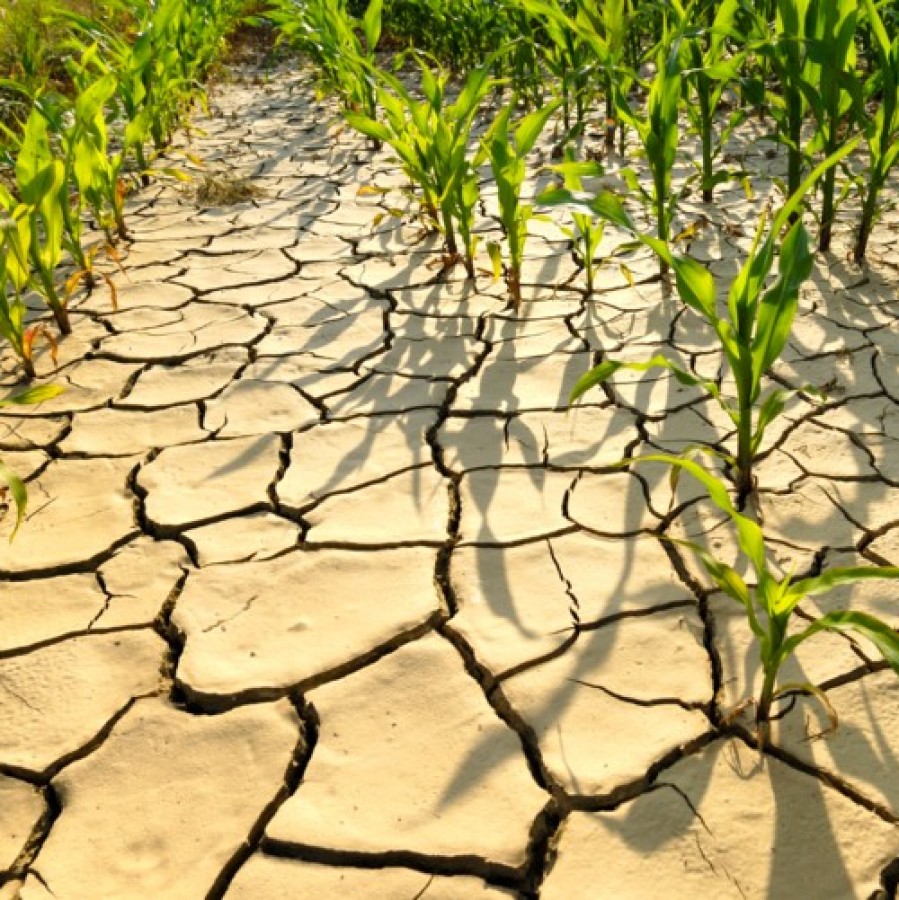Climate change is negatively impacting the regions where everyone’s favorite foods are able to grow. Rising temperatures and droughts due to climate change will affect the production of these foods, causing the prices to exponentially rise, until they eventually become extinct.
Chocolate is one of these endangered foods; it is predicted that chocolate may become extinct due to climate change by year 2050. Furthermore, if no precautions are taken, the prices of chocolate could multiply as early as 2030. Chocolate grows best in places 10 degrees from either side of the Equator and in humid tropical climates with regular rains and a short dry season.
A report from the International Center for Tropical Agriculture predicts that by the year 2050, the annual average temperature will increase by more than two degrees celsius. With that, over the next several decades, cacao-rich locations — such as West Africa — will have a climate less suitable for cacao cultivation.
Not only is climate change impacting the growth and production of cacao plants, but it is also impacting the transportation of the chocolate to companies. Because chocolate is very finicky with temperature, it is more likely to melt when transported in hot weather, and refrigerated packaging is unrealistically expensive.
Agricultural scientists have suggested a few precautions which can be taken to slow down or prevent this extinction process. This includes the following: using larger shade trees to keep cacao trees cool, creating more durable cacao capable of tolerating warmer and drier climate and researching more suitable irrigation systems.
Scientists have also suggested establishing new areas for cacao production. However, in order to do this, forests must be cleared. This will cause deforestation, starting the cycle of climate change over again. Senior Jenny Little added, “Little action has been taken involving climate change, which is really frustrating. People only seem to care when it impacts something vital to our survival such as food.”
In response to the new crisis, chocolate companies such as Mars and Hershey are establishing plans to reduce global warming’s impact on chocolate. Mars has hired a team of meteorologists to find a solution to the climate issue. Hershey has agreed to reduce its emissions by 50% by 2025. Both companies have also agreed to use refrigeration transportation, effective recycling programs, and systems to help reduce the waste of water at their companies.
Despite news of potentially extinct chocolate, the consumption of the product has actually ascendingly increased. Growth in the U.S. chocolate market is expected to surpass $30 billion by 2021.
Chocolate is not the only food at risk because of global warming. Regions suffering from drought — such as California and Mexico — produce crops including grapes, strawberries, oranges, tomatoes, avocados and more. Senior Lexi Horaney spoke on the issue. “It is really sad that foods we eat on an everyday basis are slowly deteriorating due to an issue that has been slept on for years,” she said.
Avocados, in particular, require 72 gallons of water to grow. Parched regions are struggling to grow avocados due to their lack of moisture and water. With a decreased supply in avocados, prices increase, impacting restaurants and grocers across the nation. Almond milk is also dependent on water for production. 99% of the almond milk in the United States is produced in California; it takes more than a gallon of water to produce it.
Arabica beans is a type of bean that produces 60% of the world’s coffee. They grow in Latin America, Eastern Africa and Eastern Asia. With the temperature increasing, it is becoming too hot for the coffee beans to grow. It is predicted that by 2080, 70% of the world’s supply of coffee will vanish.
Climate change has impacted a multitude of things such as agriculture, animal habitats, melting glaciers and more. With the increasing global temperature — mostly due to human emitted greenhouse gases — human society, aspects of nature such as animal communities and plants will be largely impacted. The ability for life on earth to be able to adapt to drastic climate changes is very unlikely. Food security is currently at risk and will continue to become more and more dangerous to humanity if action is not taken.

















